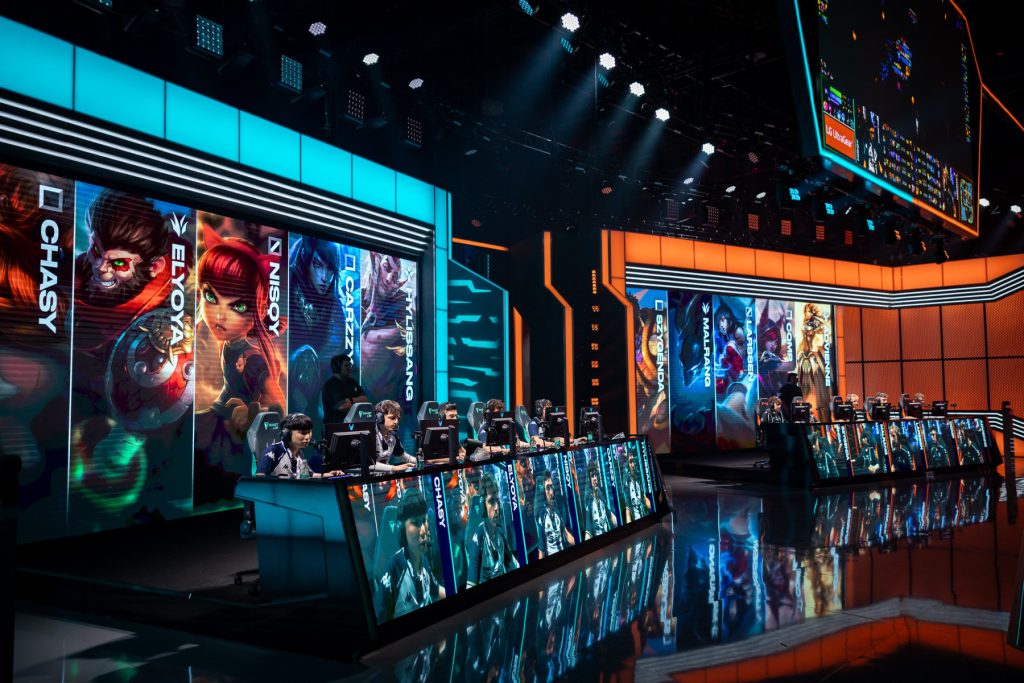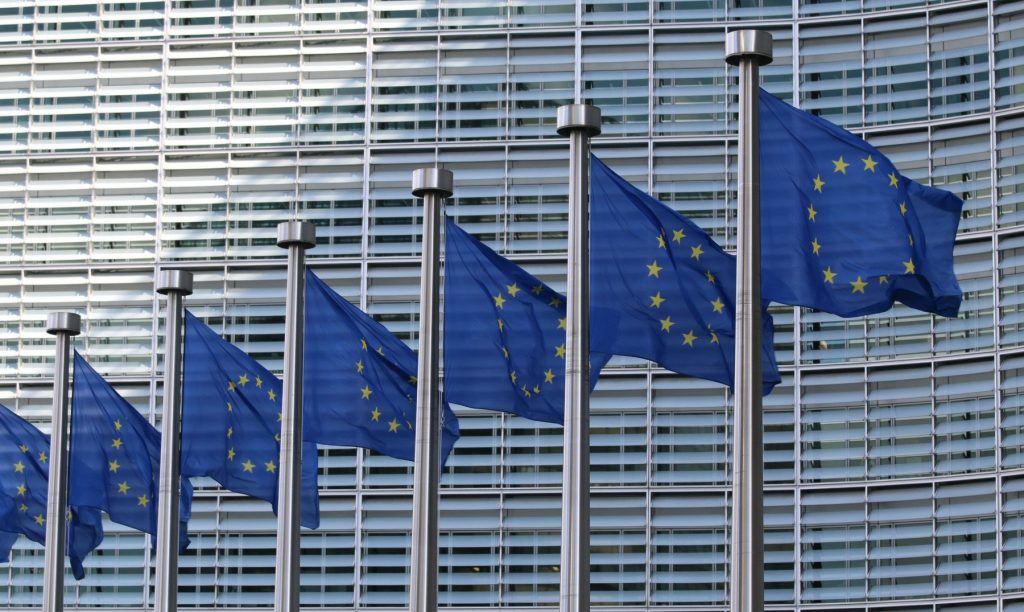
On September 28th, Riot Games announced that it would be introducing its ‘Sporting Financial Regulations’ to the LEC, the top-flight League of Legends league for EMEA.
The Sporting Financial Regulations (SFR) is essentially a salary cap mechanism applying to teams in the league. In short, the SFR works by incentivising teams to keep salary spending under a maximum amount.
Similar to the model used in US franchised sports like the NBA, the SFR adopts a luxury tax system, where teams who spend over the threshold on player salaries must pay a fee proportional to how much they overspend. Riot Games hasn’t publicly announced the LEC’s salary cap threshold, but Blix.gg reported it was €2m (~£1.73m) annually. Any fees raised are distributed between non-offending LEC teams and the tier-two EMEA League of Legends scene.
It mirrors initiatives Riot has introduced in its other leagues. The SFR appeared in Korea’s domestic league, the LCK, in July this year. It had previously been applied to China’s league, the LPL, starting in 2020 and rolled out gradually over several years.
The salary cap mechanism is a response to the unsustainably high costs of player salaries in esports. Esports players are able to command exorbitant salaries that have grown at a much quicker rate than team revenues. Between 2017 and 2019, the average salary in League of Legends’ North American League (LCS) jumped from $107,000 to $300,000. By 2021, that number had reached $410,000 (~£336,000), Digiday reported.
For star players, it’s even higher; In North America, TSM signed Hu ‘SwordArt’ Shuo-Chieh for $6m (~£4.9m) over two years in 2020, and Luka ‘Perkz’ Perković was reportedly on $2m a year in 2021. In the LPL, Blix.gg reported, Zhuo ‘knight’ Ding was at one point earning $6.6m annually, while at least seven other Chinese players were on over $4.4m per year.
The introduction of salary caps by Riot Games across its major League of Legends leagues (bar the LCS) spells good news for teams in esports, many of whom see unaffordable player salaries as a significant barrier to sustainability.
Buoyed by an influx of investment and venture capital funding as esports hype grew over the latter half of the 2010s, player salaries ballooned as teams were able to tolerate losses in order to sign winning rosters and aggressively grow their brands via competitive success.
However, the esports industry has since undergone a market correction in which many businesses have been forced to close due to high costs and a lack of sustainability — in no small part due to player salaries.
A leading esports executive at a team competing in a top-flight League of Legends league told Esports Insider that a salary correction is sorely needed in esports, whether that’s led by teams themselves or by publishers.
Todd Harris, CEO of Ghost Gaming, agreed. He argued a publisher-imposed salary cap was an effective means of keeping salaries realistic. “It is not a step that would be popular on Reddit and Twitter, but would be super helpful for keeping [publishers’] esports properties and the team orgs sustainable and around for the long term. It would give a lot more predictability for players and teams, and preserves the incentive for best players to get paid more.”

Regulatory scrutiny
Yet questions remain surrounding the salary cap mechanism. The LCS, notably, is not subject to salary cap restrictions.
When Activision Blizzard attempted to introduce a ‘competitive balance tax’ to its franchised esports leagues — which worked almost identically to Riot’s SFR — the US Department of Justice sued the publisher, claiming the tax unfairly suppressed player wages. Activision Blizzard and the Department of Justice settled the suit in April.
Philip Aram, Executive Director of the LCS Players Association (LCSPA), told Esports Insider that while the LCSPA cannot comment on matters concerning European Union labour law, implementing similar SFR restrictions unilaterally in the US would be illegal.
Aram previously told Esports Insider in an article in January that salary caps wouldn’t work in esports without unionisation. “[A salary cap] would be a huge restraint on trade and would draw antitrust concerns in just about any country, certainly in the United States,” he said at the time.
Salary cap mechanisms are able to work in traditional sports like the NBA and NFL because they’re typically a result of two-way negotiation between player unions and the league. In esports, however, unions do not exist — and publishers hold absolute power over their IP, majorly complicating the dynamic.
The LEC’s salary cap may still draw regulatory scrutiny in EMEA. A lawyer with experience working in esports told Esports Insider that Riot Games’ implementation of a salary cap into the LEC would “certainly draw antitrust attention.”
The lawyer, however, added that Riot Games would likely have consulted legal counsel before announcing the extension of the SFR into Europe.
Additional questions remain, too, about how high the salary cap threshold is or should be. If Blix.gg’s reported €2m maximum is accurate, it could prove a shock correction to some teams’ spending. Globally, some individual players on their own have commanded above that threshold, though European League of Legends salaries have typically been more conservative than rival leagues such as the LCS.
Regardless of how it pans out, the introduction of the SFR into the LEC is a big, and important, play by Riot Games to help promote sustainability in its ecosystem. Riot admitted so itself in a blog post announcing the move.
“In [adding the cap], the LEC seeks to create a financially sustainable environment for its pro players, partnered teams, and the league itself, allowing all parties to grow at a healthy and scalable pace, and protect the ecosystem from unsustainable spending practices.”
